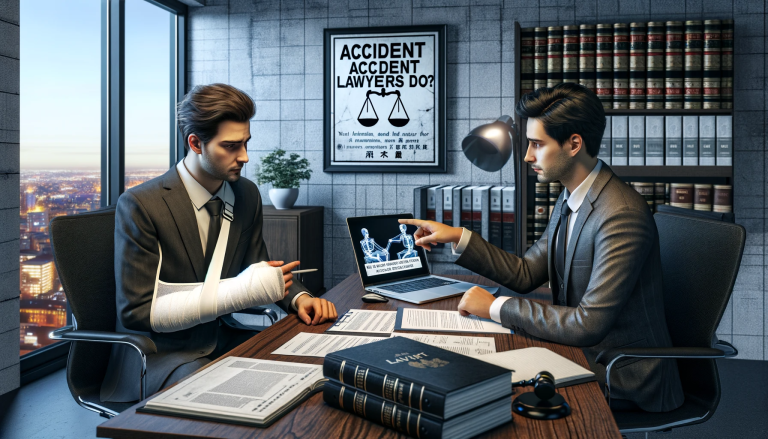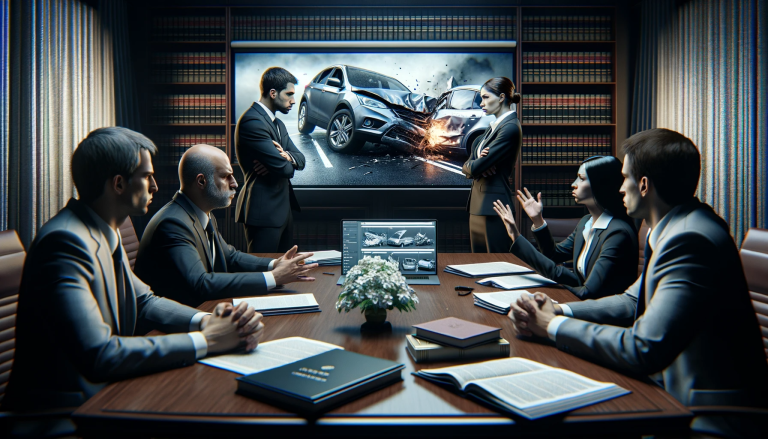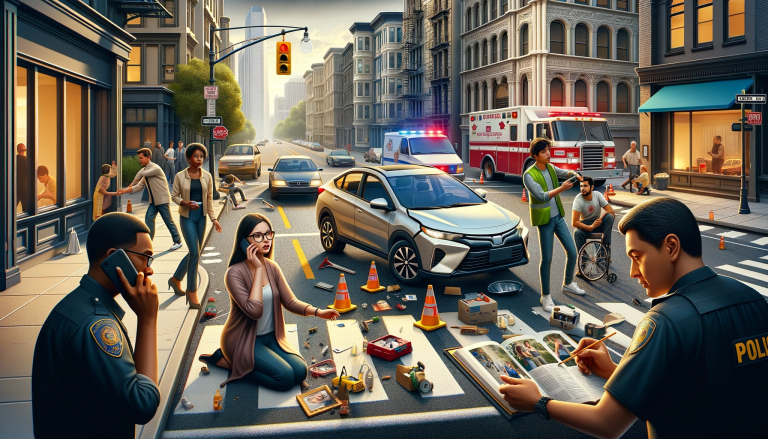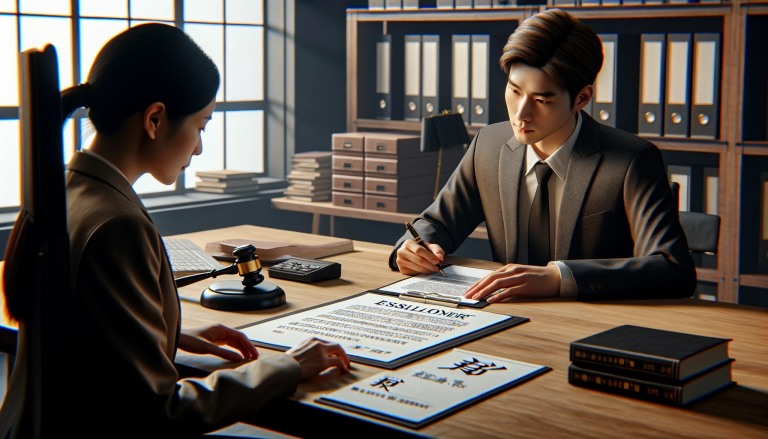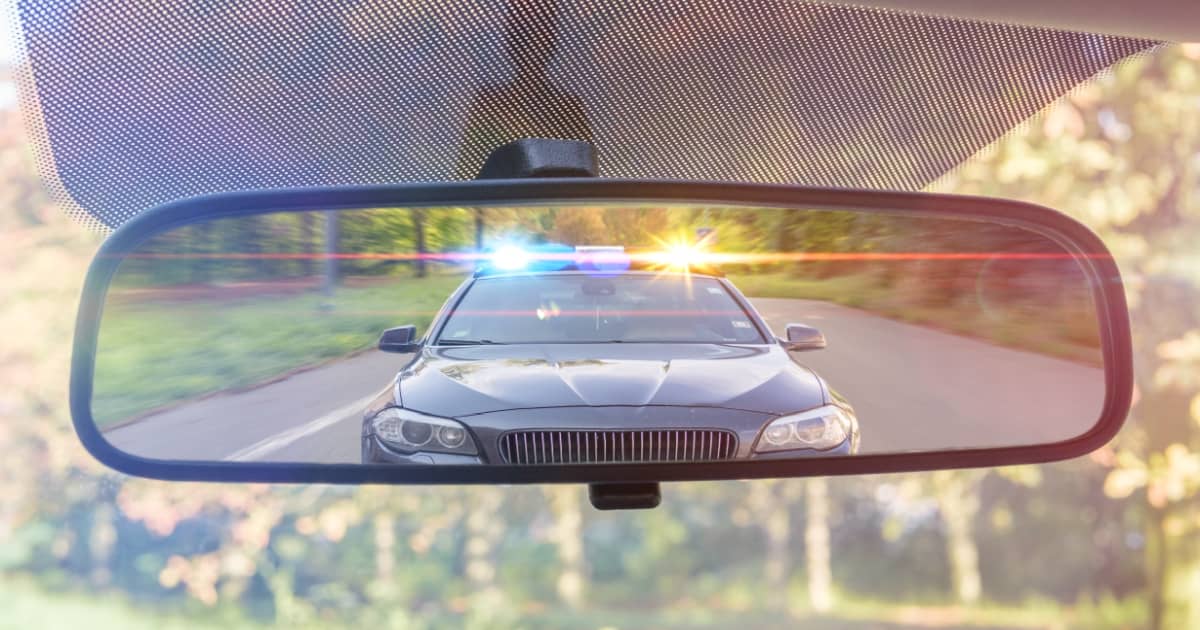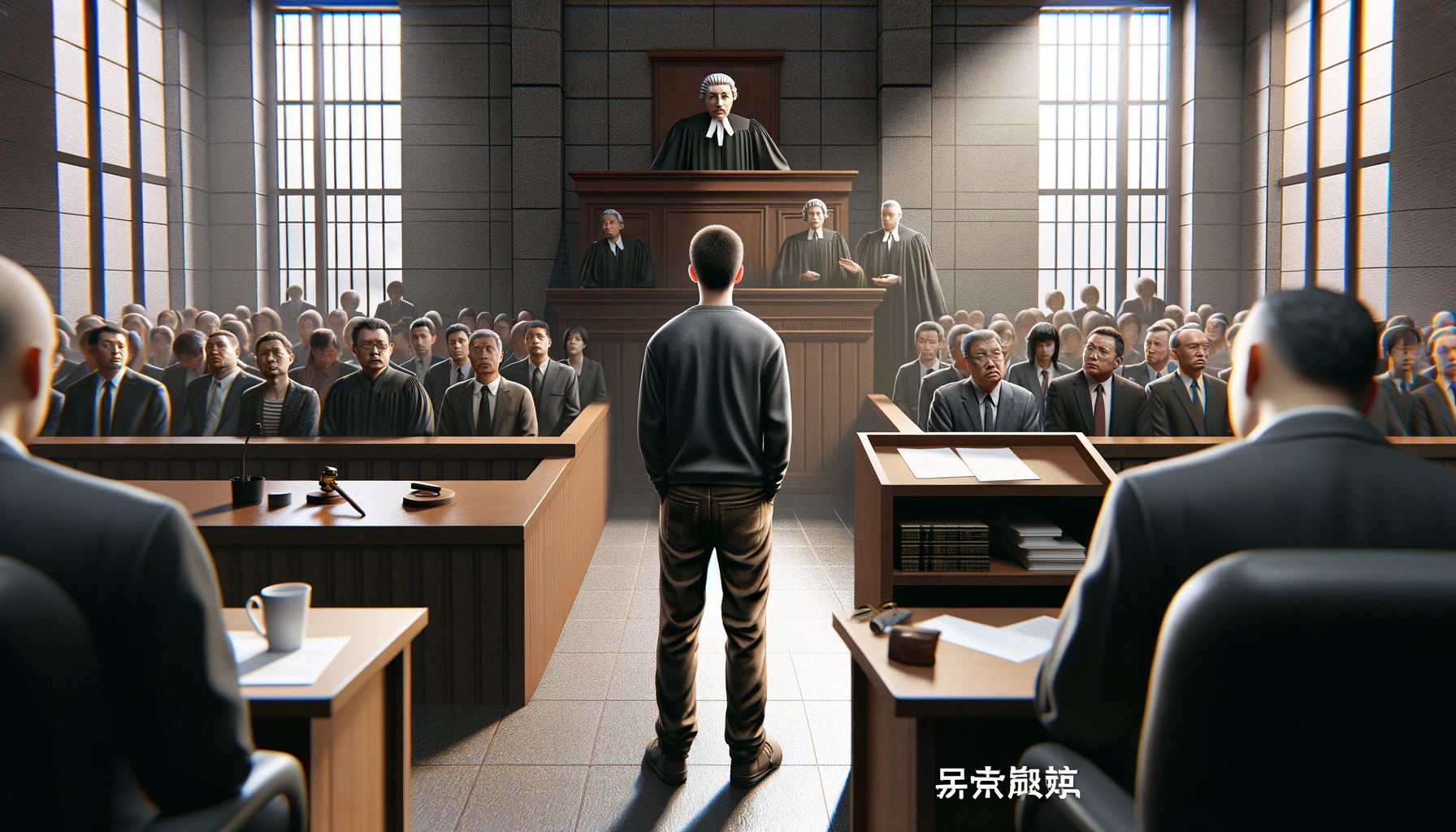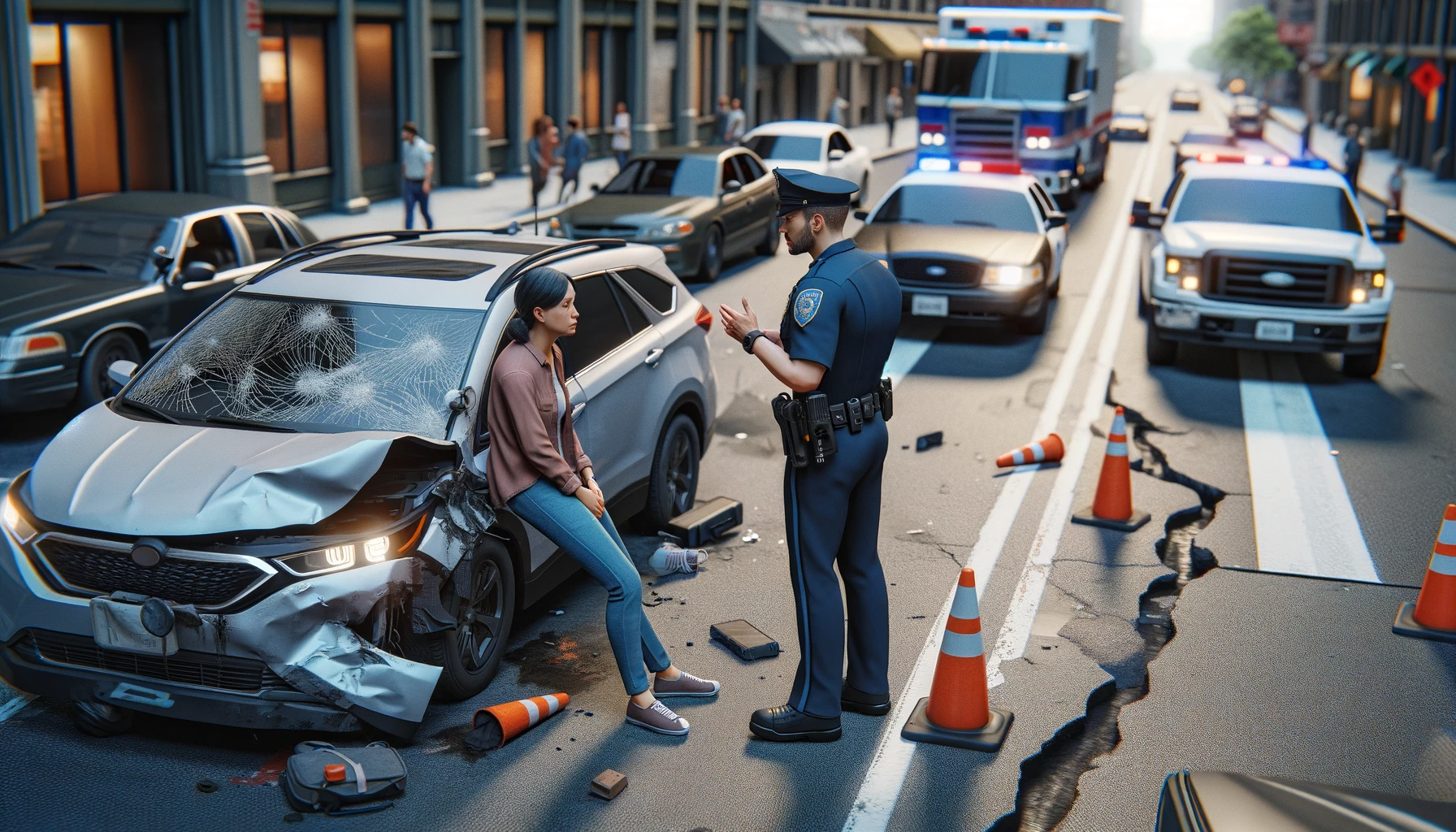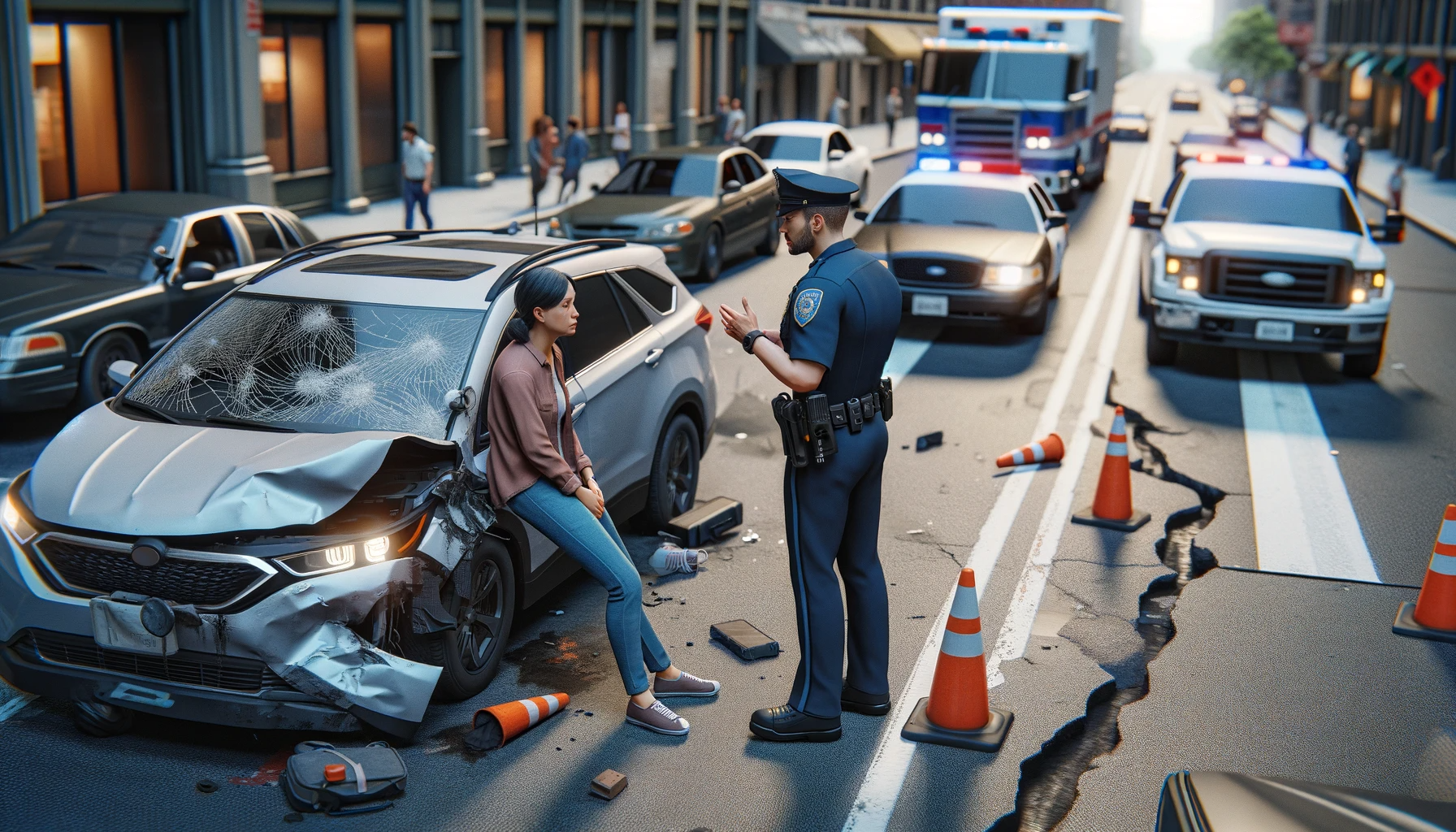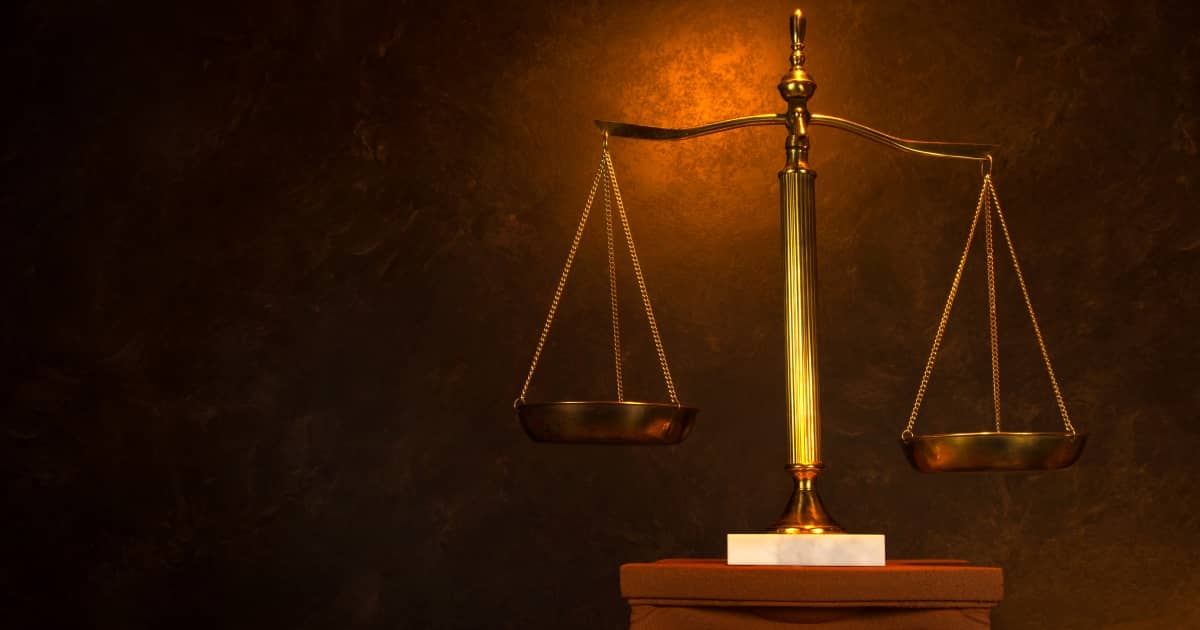[vc_row][vc_column][vc_column_text]Being pulled over by a police officer is not a pleasant experience for anyone. Understanding your rights and knowing what to do (and what not to do) during a traffic stop can prevent an already unpleasant experience from escalating into something much worse. Police officers are generally not allowed to search your vehicle without a good reason. However, suspicious behaviors or negative interactions with an officer can be used as justification to search your vehicle, which is allowed when the officer has probable cause to believe you or a passenger may be involved in criminal acts.
What to Do During a Traffic Stop
- When you see flashing lights or hear a siren, prepare to pull over. Turn on your hazard lights to indicate you are pulling over, then find a safe location to do so. Always stop on the right side of the road. Pull as far over off the road as you can. Avoid blocking traffic.
- When safely stopped, turn off your car's engine and radio. If it's night time, turn on your interior lights. Keep your seat belt on. If it's a marked police vehicle, roll down your window. If the vehicle is unmarked, roll down your window when the officer shows you his or her credentials. Keep both hands on your steering wheel. Note that this is NOT the time to gather your vehicle documentation.
- It may take a few minutes for the officer to approach your vehicle. This is normal! The officer is likely retrieving information about your vehicle. Do not exit your vehicle or make any sudden movements.
- Remain calm and be polite when speaking to the officer. Do not argue, as it's counterproductive. Provide your driver license, proof of insurance, and vehicle registration when the officer requests it.
- Be honest with the officer, but avoid self-incrimination. If the officer asks if you know why you were pulled over and you genuinely do not know why, you do not have to guess why. Remember that you have the right to remain silent.
- If you receive a ticket, you can sign it. Signing a ticket only acknowledges receipt of the ticket and is not an admission of guilt.
What Not to Do During a Traffic Stop
Pretty much anything that's the opposite of what you should do is something you shouldn't do during a traffic stop.- Don't continue to drive. Fleeing from a police vehicle is a serious crime.
- Don't leave your vehicle unless requested. If you attempt to leave your vehicle at any time the officer may assume you're trying to flee.
- Don't refuse direct requests. Refusing the order of an officer can lead to your arrest.
- Don't be confrontational. Having a heated argument with an officer doesn't do anyone any good and only invites trouble.
- Don't lie.

